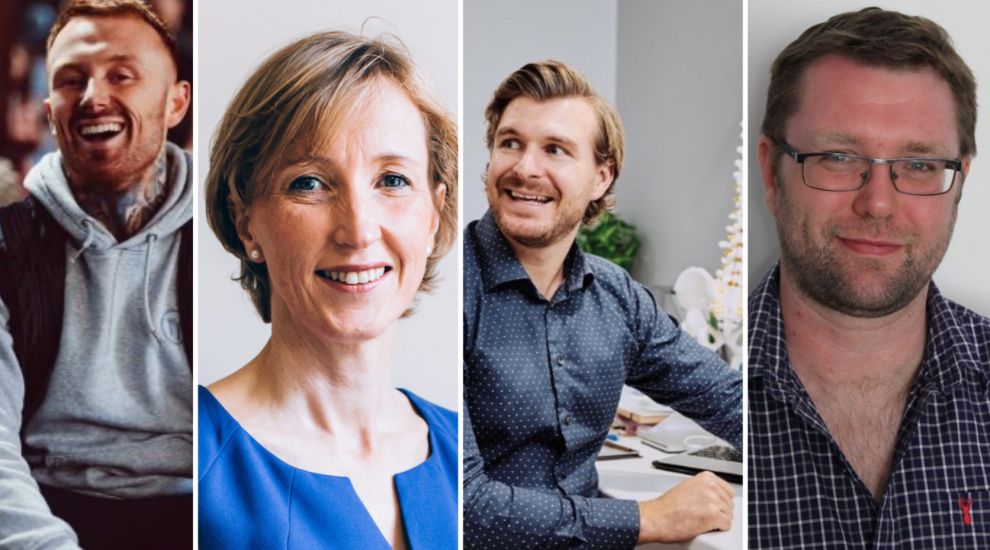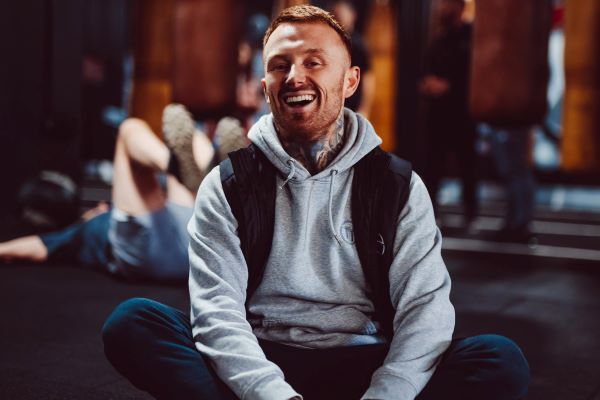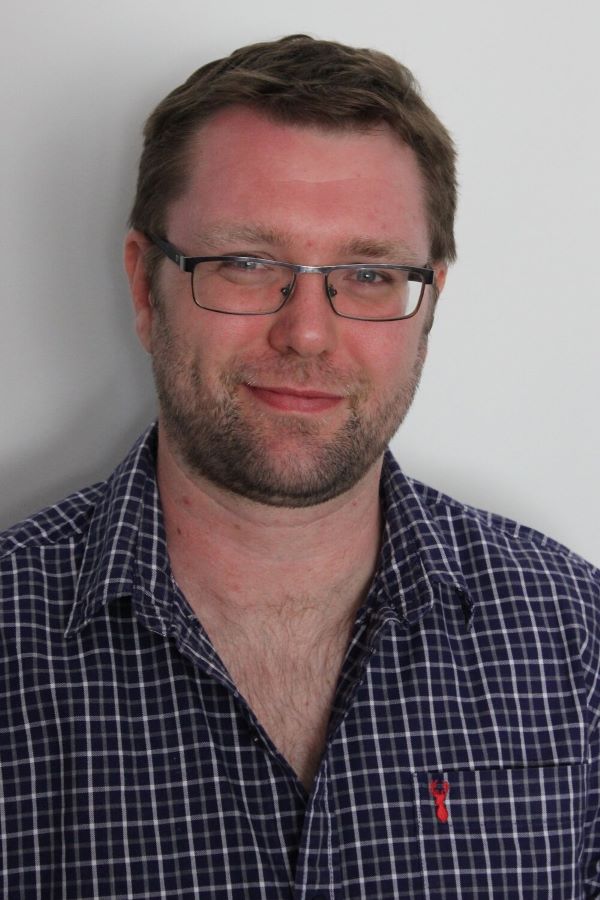


As many islanders will have made New Year's resolutions to change their daily habits to improve their health... Express asked Jersey wellbeing professionals to share their favourite piece of "underrated" advice.
Here's what they had to say...

Your breathing is more important than working out.
Now this may sound a little contradictory coming from a gym owner, but I know from both personal experience and from working with thousands of clients over the last 11 years, that there are a lot of factors that should be addressed before even starting to think about working out.
I was introduced to breath work by a former mentor on a business retreat out in Croatia in 2015 and it’s quite simply changed my life!
I would recommend starting with a simple method such as ‘box breathing’ and then, when you’ve mastered that, study someone such as Wim Hof. If you’ve heard of someone you know having regular ice-cold showers or ice baths, then chances are that they have learned from him.
Effective breathing can not only put you in a better headspace, but it can also help you sleep better, improve your immune system and help with stress and anxiety.
So instead of having ‘getting fit or in shape’ as your New Year’s resolution for 2023, focus on your breathing first.

Forget changing yourself in 30 days. The small actions that you take today, and repeat tomorrow and beyond, will determine your overall progress in a year or two’s time.
The first thing to remember is that our behaviours are habits. Behaviours are a choice, what you do when you wake up, or how you wind down when you get home. These behaviours are often automatic. In fact, James Clear defines a habit as “a behaviour that has been repeated enough times to be performed more or less automatically so you can do it on autopilot.”
The problem is that not all habits are good and sometimes (especially at New Year) you’ll want to change them all, or go all out for something new. The biggest reason that people fail is that our brains choose the (old habit) learned automatic solution over one that we have to really think about (new habit).

Pictured: "The enthusiasm is commendable but the worst thing to do is do too much, too often, too heavy, too many reps and not enough rest periods," Lisa said.
Quite simply, to change a habit, the initial steps need to be small because these little “wins” motivate us to do more and reduce the barriers to repeating it again.
Take the New Year’s Resolution to get fit and lose weight. Ergo, join the gym and throw yourself into it full Gung Ho. The enthusiasm is commendable but the worst thing to do is do too much, too often, too heavy, too many reps and not enough rest periods. It may have been a glorious session but the injury risk, as well as the DOMS (delayed onset muscle soreness), will probably mean that the chances of repeating that are very small.
It is far better to put your gym clothes by the door the night before so it’s easier to get out to the gym. Or commit to going with a friend so that you are accountable. Even if you only do five minutes in the gym for the first few sessions, it’s progress. Pointless you say? Well, no, because it is setting up a new routine. Because it is a small achievable step, it is far less likely to fail. Longer term, it will enable you to succeed.
“Success doesn’t come from what you do occasionally. It comes from what you do consistently” Marie Forelo

Saying “no” is an important skill that can help us manage our time, energy and resources . It's not always easy to do, but it is essential for maintaining healthy boundaries and ensuring we don't overextend ourselves.
When we say "yes" to something, we are committing to it, whether it's agreeing to attend a social event, a new project at work, or helping a friend with a task. If we don't carefully consider our priorities and capacity, we may end up spreading ourselves thin and struggling to meet our obligations.
However, saying "no" allows us to be selective about what we take on, so we can focus on the things that truly matter to us. It gives us the freedom to make room for spontaneity and new opportunities that may arise.
Saying "no" can also benefit our relationships. It shows that we respect ourselves and our own needs, it helps avoid resentment and conflict. It's important to communicate our reasons for saying "no" in a respectful and clear manner, so that the other person understands where we're coming from.
In short, saying "no" is a valuable tool for taking control of our lives and protecting our well-being. It takes practice & courage, but it's worth it for the peace of mind and fulfilment that it can bring.
View this post on Instagram
Start having your spinal and nervous system health checked and “adjusted” by a qualified professional like a chiropractor on a regular basis. Your spine is more than a backbone housing your spinal cord. It is an intricate and interconnected system for information processing and automated control centre.
Every emotion you feel, every movement you make, any stress you experience, any sense you feel, any postural position you assume, all fluid and food you consume are experienced through your spinal system as the central nervous system. Basically, everything you experience and do every day has a direct impact on your spinal health and therefore the quality of life you experience.
The integrity, health, movement, comfort and function of every single one of your 33 vertebra, as well as your skull and jaw (cranium) which seats upon it and the limbs which attach to it are all a part of your vitally important body which you live your life out of every day.
Adjustments are inexpensive (one per month averages to £2p a day – less than the price of a coffee?), safe and just a really kind and nurturing way to take care of your body.
Of course, “active” habits you do yourself like ‘eat well, move well and think well’ should be your main focus for your health. However, the reality is that life brings challenges on a fairly regular basis through all forms of stressors: birth, growth, sports injuries, pregnancy, posture, housework, garden work, training, relationships, technology… the list goes on). And the rate in which our bodies begin to adapt, change and degenerate rapidly accelerates through life if these stressors are not being “digested” and integrated through true healing, therefore considerably reducing your projected quality of life.
Looking after your spinal health and getting adjusted regularly will bring ease in helping you adapt to the demands of your daily life and help you feel great in your body and self.
This article first featured on Bailiwick Wellbeing, your free weekly guide to wellness in work and island life. Sign up now here so you don't miss the next edition.

Comments
Comments on this story express the views of the commentator only, not Bailiwick Publishing. We are unable to guarantee the accuracy of any of those comments.